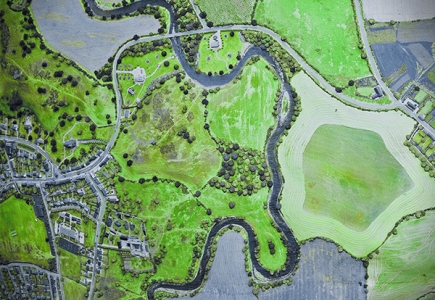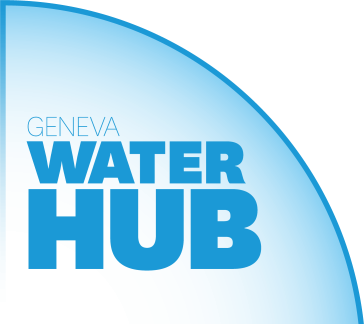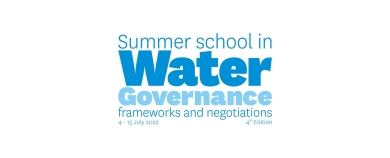
MOOC n°2 - Ecosystem Services: A Method for Sustainable Development


The Geneva Water Hub is proud to co-organise MOOC n°2 - Ecosystem Services: A Method for Sustainable Development. It strengthens the Geneva Water Hub’s offer in free open online courses alongside the one on Water Management and Policy and the one on International Water Law. The ultimate objective being to deliver a combined certificate on natural resources and water governance under the Coursera umbrella.
Ecosystem services are a way of thinking about – and evaluating – the goods and services provided by nature that contribute to the well-being of humans. Examples include marketable goods such as timber and fish, as well as non-market services like the natural purification of water by wetlands, the inherent value of species, and cultural value of traditional landscapes.
In the last decade there has been a surge of interest in managing natural resources according to what is now called the ecosystem services approach. Two significant benefits of this approach include the ability to formally integrate non-market values into cost-benefit analyses, and to predict how services will be affected under future management. Numerous organizations and governments are exploring this approach as a way to reduce negative externalities and promote intra – and intergenerational fairness. This course will provide an introduction to the ecosystem services method through a mixture of theory and applied case-studies.
This course is funded by the Global Programme Water of the Swiss Agency for Development and Cooperation (SDC).
Course objectives
- Put into practice the ecosystem services approach, including the ability to identify and value the ecosystem services associated within a region or watershed;
- Appreciate the socio-historic and ethical context from which this method emerged, as well as the strengths and limitations of the method;
- Analyse and translate information pertaining to ecosystem services into a Geographical Information System (GIS) platform;
- Identify situations in which the ecosystem services method is likely to provide added-value to current management approaches.
Planned Partners
The Natural Capital Project (Stanford University), the Luc Hoffmann Institute (now the Unearthodox) and WWF International.
This MOOC is now available on the Coursera platform. You can view the official trailer below:



